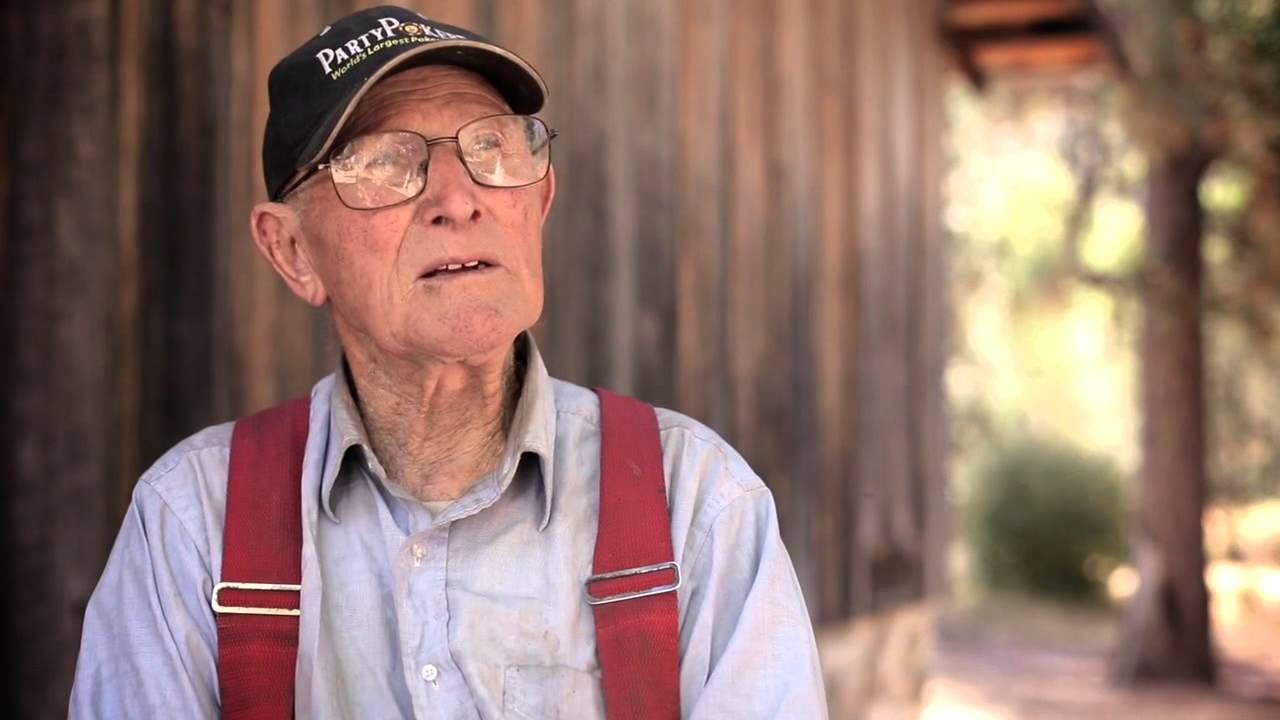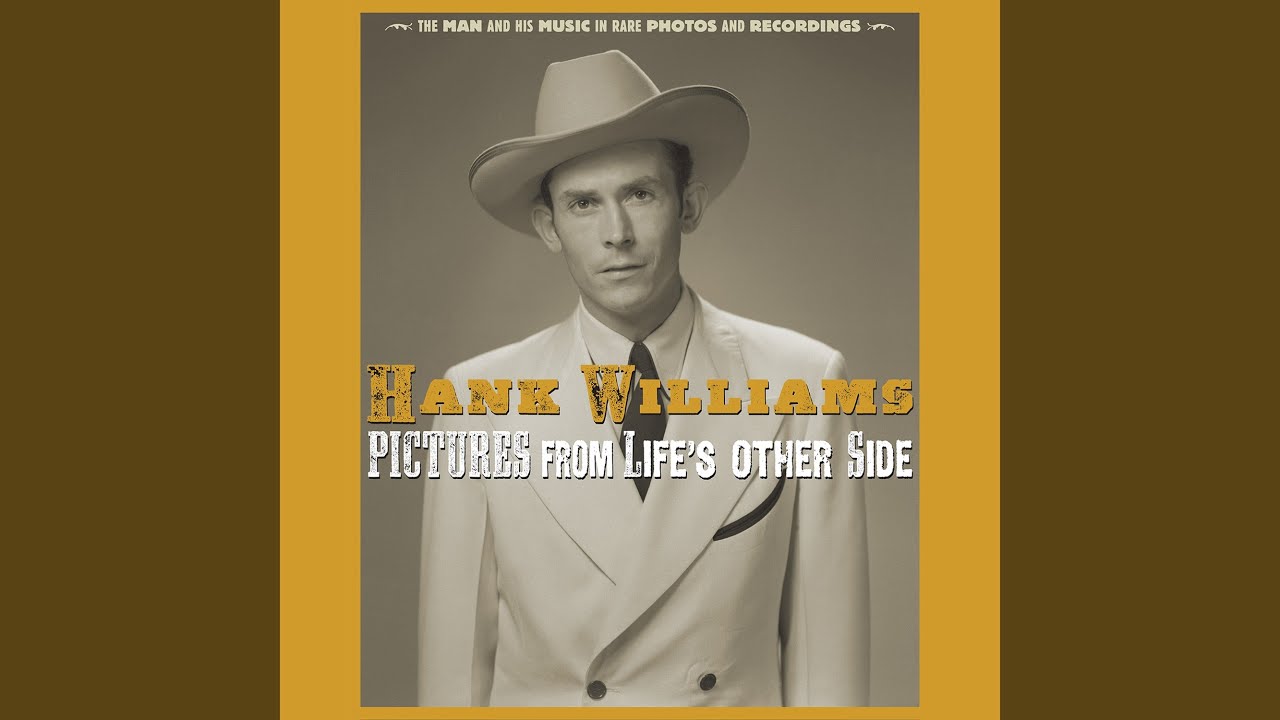This Land Is Your Land – Woody Guthrie
“This Land Is Your Land” by Woody Guthrie is one of the most well-known American folk songs, written in 1940 and recorded in 1944. It was Guthrie’s direct response to what he saw as the overly idealistic tone of Irving Berlin’s “God Bless America,” which was being played frequently on the radio at the time. Guthrie wanted to write something that reflected the real experiences of everyday people in America — both the beauty of the land and the struggles of those living in it. The result was a song that blended admiration for the country’s natural landscapes with pointed social commentary.
The song opens with imagery of the American landscape — from the “redwood forests” to the “Gulf Stream waters” — giving it a sweeping, inclusive quality. These verses are often the ones most people know, and they have helped the song become widely viewed as an anthem celebrating the vastness and diversity of the United States. Guthrie’s refrain, “This land is your land, this land is my land,” emphasizes a collective ownership and belonging, countering the idea that the nation’s promise should be reserved for only a privileged few.
Less commonly sung verses, however, reveal the more radical edge of Guthrie’s message. In them, he describes encounters with poverty, private property signs, and breadlines, pointing to the contradictions between America’s abundance and the reality of economic inequality. For Guthrie, these verses were essential: they reminded listeners that while the country was indeed beautiful and vast, it was not always accessible to everyone. In this way, the song becomes both a celebration and a critique — patriotic, but with a demand for justice woven into its fabric.
Over the decades, “This Land Is Your Land” has been embraced in many contexts: sung in schools, at protests, and during political events. Its meaning often shifts depending on which verses are included or left out. At times, it has functioned as a unifying anthem of American identity; at others, it has served as a protest song, challenging the nation to live up to its ideals of equality and shared opportunity. Guthrie’s folk legacy lives on through the song, which continues to resonate with themes of belonging, fairness, and the tension between national pride and social justice.







